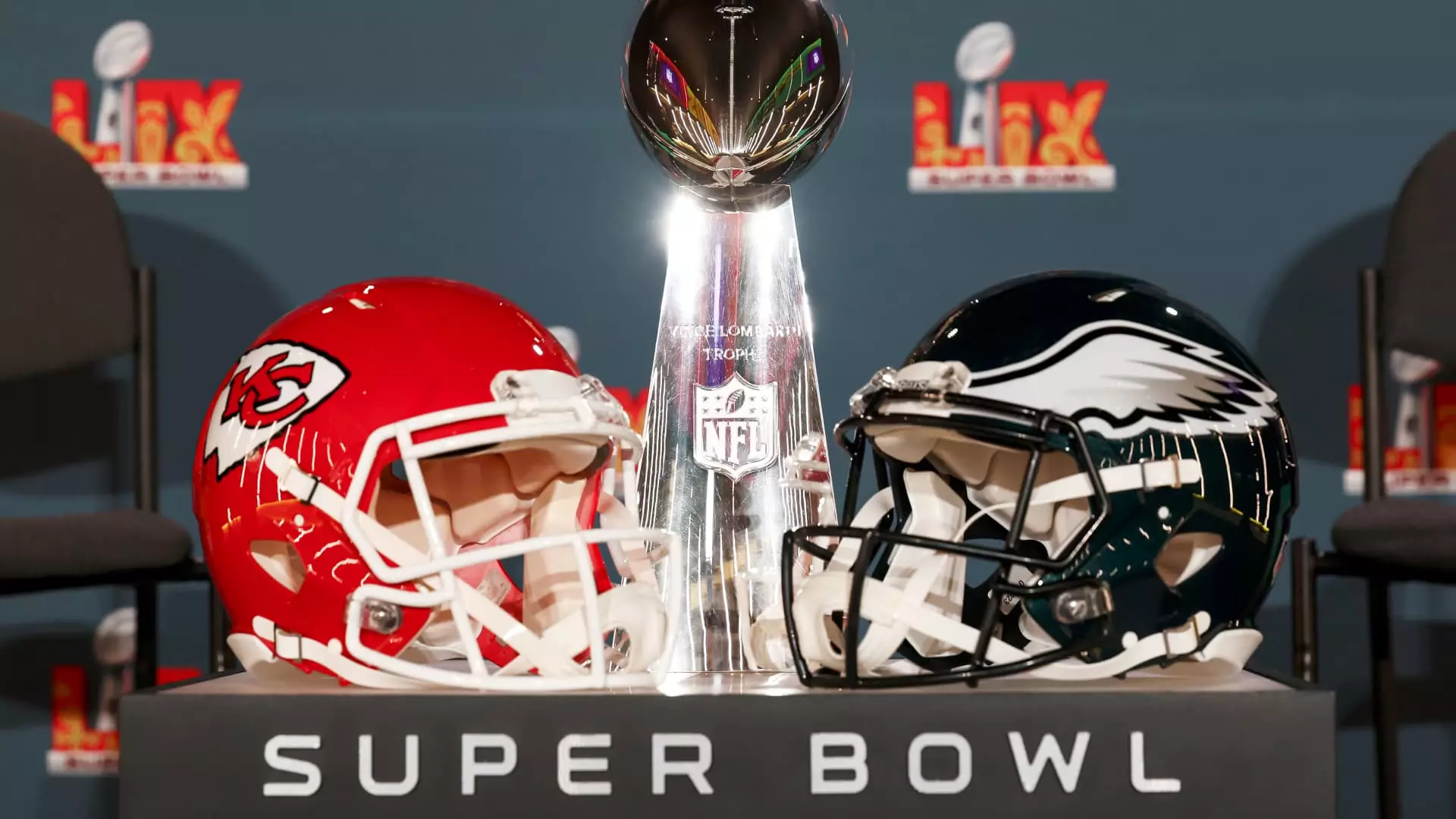The NFL’s recent crackdown on ticket reselling, involving fines and punitive measures against players and staff, ostensibly aims to uphold integrity and fairness. However, this move reeks of a superficial attempt to project virtue while ignoring the broader systemic issues that normalize profit-driven behavior among the league’s inner circles. It’s perplexing that the league chooses to target a handful of individuals for reselling tickets, a practice that is, in many ways, symptomatic of a larger culture driven by greed and exclusivity. Swatting at small-scale resellers without addressing the root causes—such as the astronomical ticket prices *set* by the league itself—feels almost hypocritical.
The Focus on Punishment, Not Reform
By imposing hefty fines—up to 1.5 times the face value for players and double for employees—the NFL casts penalties as a deterrent. Yet, these sanctions appear more like showy gestures designed to appease fans and media scrutiny rather than genuine efforts to foster fairness. The league’s rhetoric about “prohibitions on profit-taking” conveniently sidesteps the fundamental imbalance that keeps ticket prices inflated, making resale almost inevitable for fans desperate to attend their favorite games. Instead of addressing how tickets are priced, the NFL appears to be policing the remnants of a more transactional, less accessible sporting landscape.
Selective Enforcement and the Illusion of Fair Play
While the league emphasizes cracking down on misconduct, it ignores the fact that the main actors—owners, executives, and large-scale resellers—remain largely untouchable. The targeted fines and bans are a distraction from the fact that the franchise model inherently prioritizes revenue over fan accessibility. By penalizing lower-level staff and players only when their actions are exposed publicly, the NFL perpetuates a narrative of moral outrage that conveniently deflects from systemic greed. It’s a classic example of superficial transparency masking the real issues: a sport increasingly divorced from its community roots and more intertwined with corporate interests.
Some True Accountability Is Missing
The league claims to be protecting its fans and maintaining integrity. Yet, their approach reeks of selective morality. Genuine accountability would involve addressing why tickets cost hundreds or thousands of dollars in the first place—something the NFL has historically avoided. Their rhetoric about “enhanced compliance training” and future penalties sounds more like damage control rather than a sincere effort to overhaul a system driven by profit. As long as the league benefits financially from ticket scarcity, these measures will remain superficial stopgaps, incapable of enduring real change.
A Missed Opportunity for True Leadership
What the NFL needs is more than just punitive measures; it requires a shift in ethos away from commodification toward a spirit of inclusivity and fairness. Instead of spending resources policing a symptom—resale—they should be addressing the root causes of inaccessible pricing and exclusive access. The current crackdown, with its fines and bans, appears more like a PR stunt, a desperate attempt to whitewash their reputation rather than a moral stance. True leadership would involve transparency about how tickets are allocated and priced, and genuine efforts to make games more accessible to all fans, not just the wealthiest or most connected. Until then, the NFL’s actions will remain little more than window dressing on a broken system.

